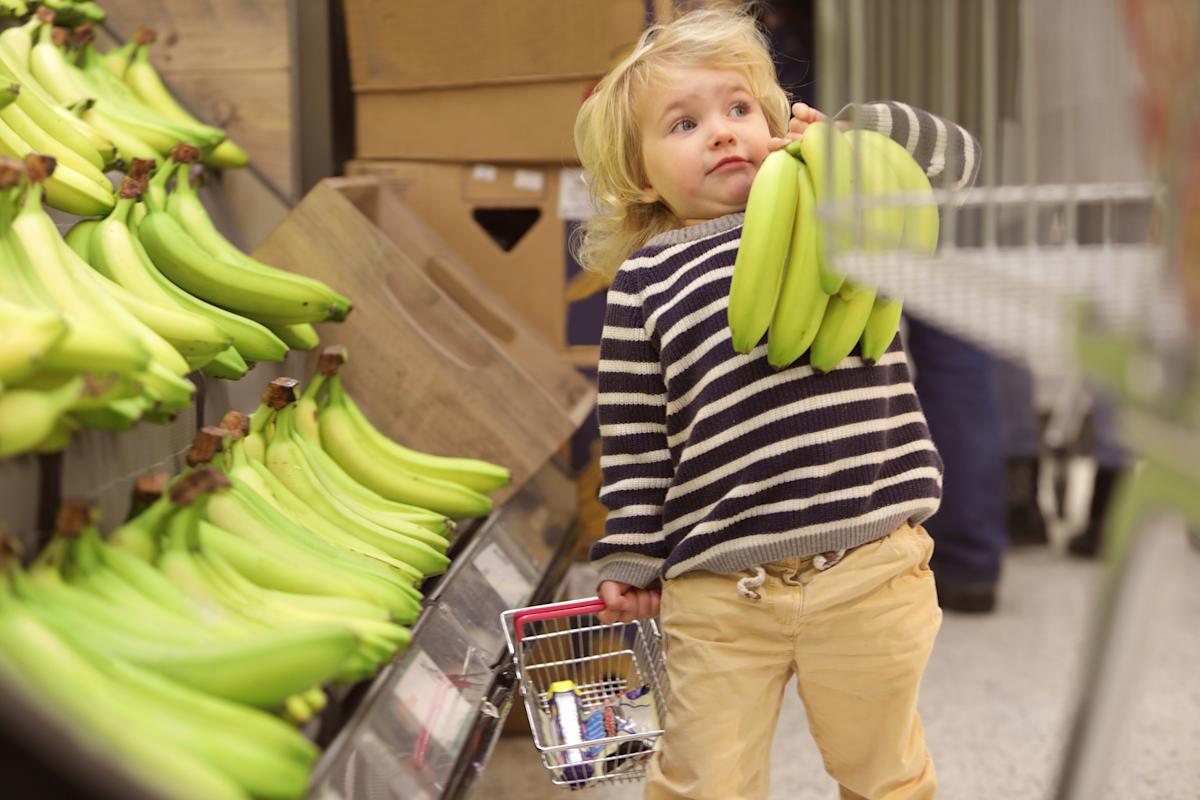Aldi has been named the cheapest supermarket in June, with an average household basket full of groceries and other essentials coming in at £131.52, a study by consumer group Which? found.
Lidl came in second, with the same shopping list costing only 35p more at £131.87, with the supermarket’s loyalty scheme Lidl Plus and 37p more without, at £131.89.
Aldi shoppers saved an average of £47.12 over the month, compared with customers at Waitrose, the most expensive retailer, who spent an average of £178.64.
Read more: Meat and fresh veg drive shop inflation higher for first time in a year
The basket of 79 items cost £144.82 at Asda, £146.69 at Tesco (TSCO.L) with a Clubcard, £148.29 at Sainsbury’s (SBRY.L) with a Nectar card, £152.91 at Morrisons with a More card and £165.51 at Ocado (OCDO.L).
Reena Sewraz, Which? retail editor, said: “Aldi has once again bagged the title of the UK’s cheapest supermarket according to our latest price analysis, with Lidl hot on its heels — just 35p behind.”
The list of items included both branded and own-brand items, such as Birds Eye Peas, Hovis bread, milk and butter. Special offers and loyalty prices were included, but any multi-buys were not.
The study also found Asda to be the cheapest supermarket for a larger trolley of 196 items, at £484.60.
Asda beat Tesco by about £8, as the country’s biggest supermarket came in second at £492.86. Asda’s top spot for the longer shopping list comes after the supermarket brought back Rollback pricing — claiming to have slashed the prices of more than 4,000 products in-store and online by an average of 25%.
Read more: Best credit card deals of the week
Waitrose was the most expensive supermarket for the larger trolley of items. In June, a Waitrose shop cost a total of £554.68, a difference of £61.82 compared to Asda.
“The bigger trolley of groceries shows that Asda continues to be one of the cheaper supermarkets — beating membership prices at Tesco, Sainsbury’s and Morrisons,” said Sewraz.
“With food bills still squeezing household budgets, it pays to be savvy as our analysis shows simply choosing one supermarket over another could save you as much as £70 on a large shop.”
Meanwhile, prices in UK shops headed higher in June, bouncing back for the first time in nearly a year due to hikes in the cost of fresh produce such as meat, fruit and vegetables.
“Prices of meat have been impacted by high wholesale prices and more expensive labour costs,” said Helen Dickinson, chief executive of the British Retail Consortium (BRC), which compiled the data.
